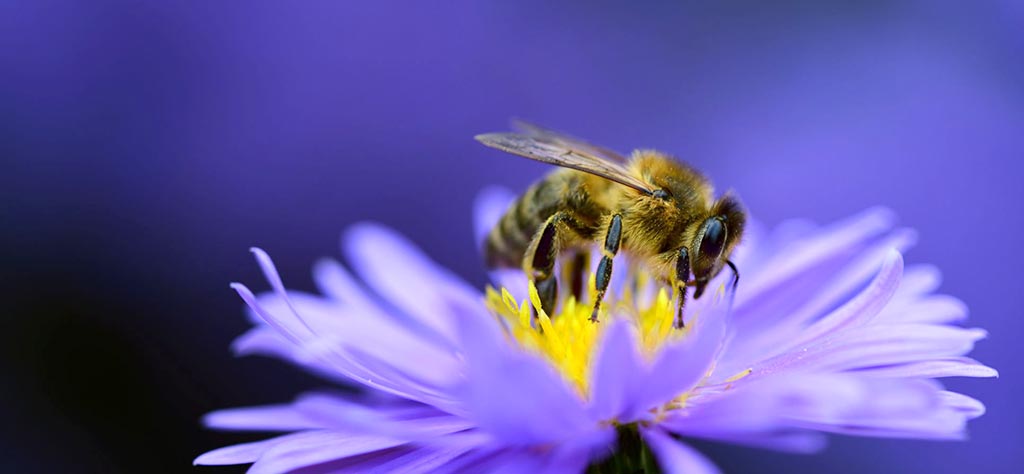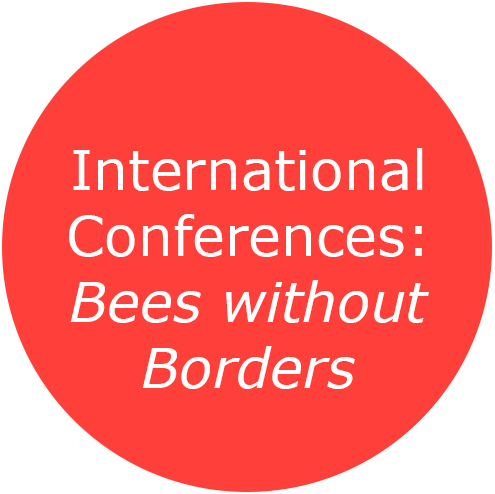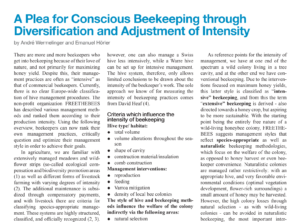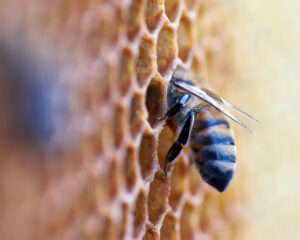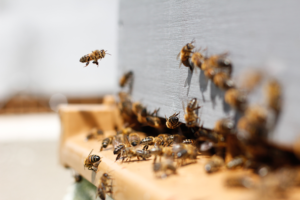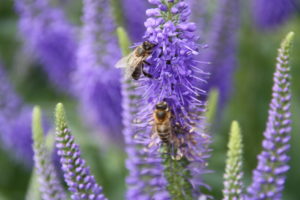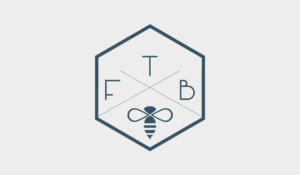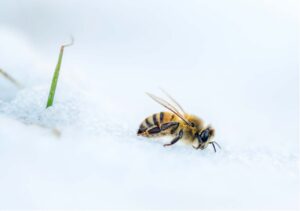
Our bees are dying! We create transparency and provide solutions
Help us to collect data on the swarming behavior of honey bees and report any swarm you discover or have discovered this year!
Did you know that despite the honey bee being virtually extinct in its natural habitat in Switzerland, it is neither protected nor promoted in this country? What’s more, it is even kept as farm animal by beekeepers the same as livestock in agriculture and made to intensively produce honey: factory farming, fattening feeding, abusive use of drugs, breeding for performance, castration, artificial reproduction. The consequences? Epidemic spreading of bee diseases and parasites, suppression of adaptability to environmental changes, development of resistance to drugs etc. Your Swiss honey, unfortunately, is not the ecological and organic natural product you wanted and as which its producers like to sell it to you. And, therefore, beekeepers often cannot fully live up to their image as friend to nature and the bee.
These days, everyone talks about bee mortality – but what does the term really mean?
Why do bees die in general?
Pesticides used in agriculture place a chronic strain on the bee. The loss of habitat is making life for the bee increasingly difficult. The honey bee for example used to live in old, thick, hollow trees and has now lost this habitat due to the intensive silviculture that has become the norm today.
Why do bees die in apiaries?
As a consequence of routinely applied acid treatments, factory farming, feeding of sugar, prevention of swarming, artificial reproduction etc. the bee is no longer able to adapt to its environment. This has fostered the spreading of parasites and bee diseases.
Who is working in favour and who against the bee?
FREETHEBEES is probably Europe’s only honey bee organisation that does not represent any beekeepers’ interests. This allows us to have an independent, interdisciplinary and objective view. Our approaches are innovative and amazingly simple.
The beekeepers’ umbrella association apisuisse uses completely obsolete targets for the control of apiculture. Rather than maximizing the honey yield for the short-term, it would be much more important to ensure the sustainable safeguarding of pollination services across all species for the long term! It is established practice to actively cover up transparency.
The joint research of the Swiss research institute Agroscope and the Centre for Bee Research is biased and subjective. No real solutions are in sight. The Federal Food Safety and Veterinary Office FSVO focuses its concern on outbreak sites and parasites, rather than addressing the problem of the bees’ immune system.
FREETHEBEES’ approach
The bee must return to nature
Only the resourceful natural selection creates bee colonies that are able to constantly adapt to environmental changes. FREETHEBEES protects and promotes the honey bee living in its natural habitat instead of annihilating it – as is common practice today!
Beekeeping must become sustainable
FREETHEBEES shows how what must be ensured today (1. species conservation; 2. safeguarding of the pollination services; 3. honey yield) can be achieved through diversified mixed beekeeping.

